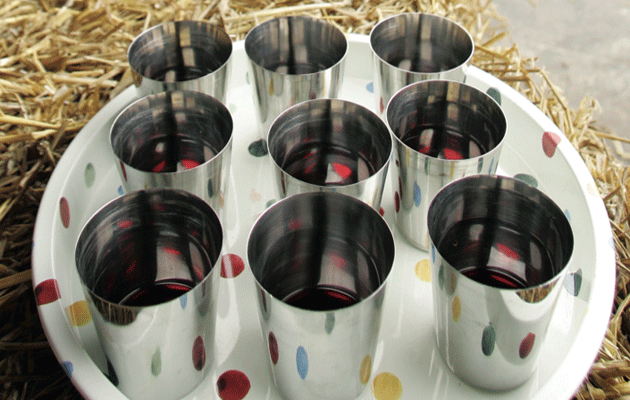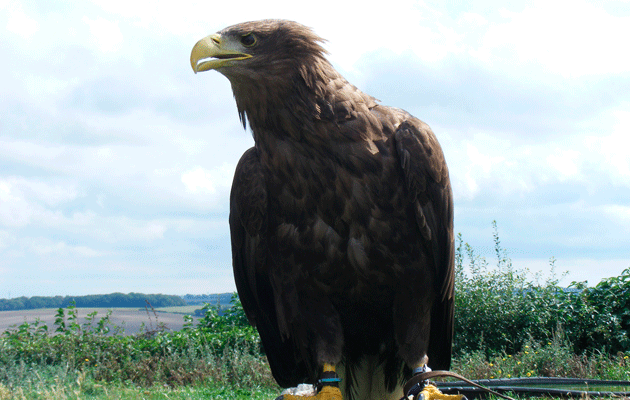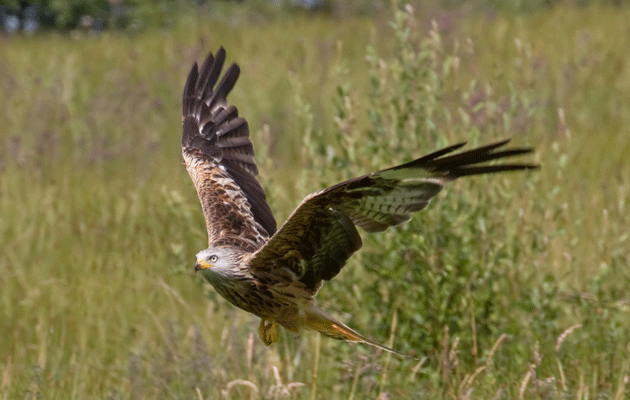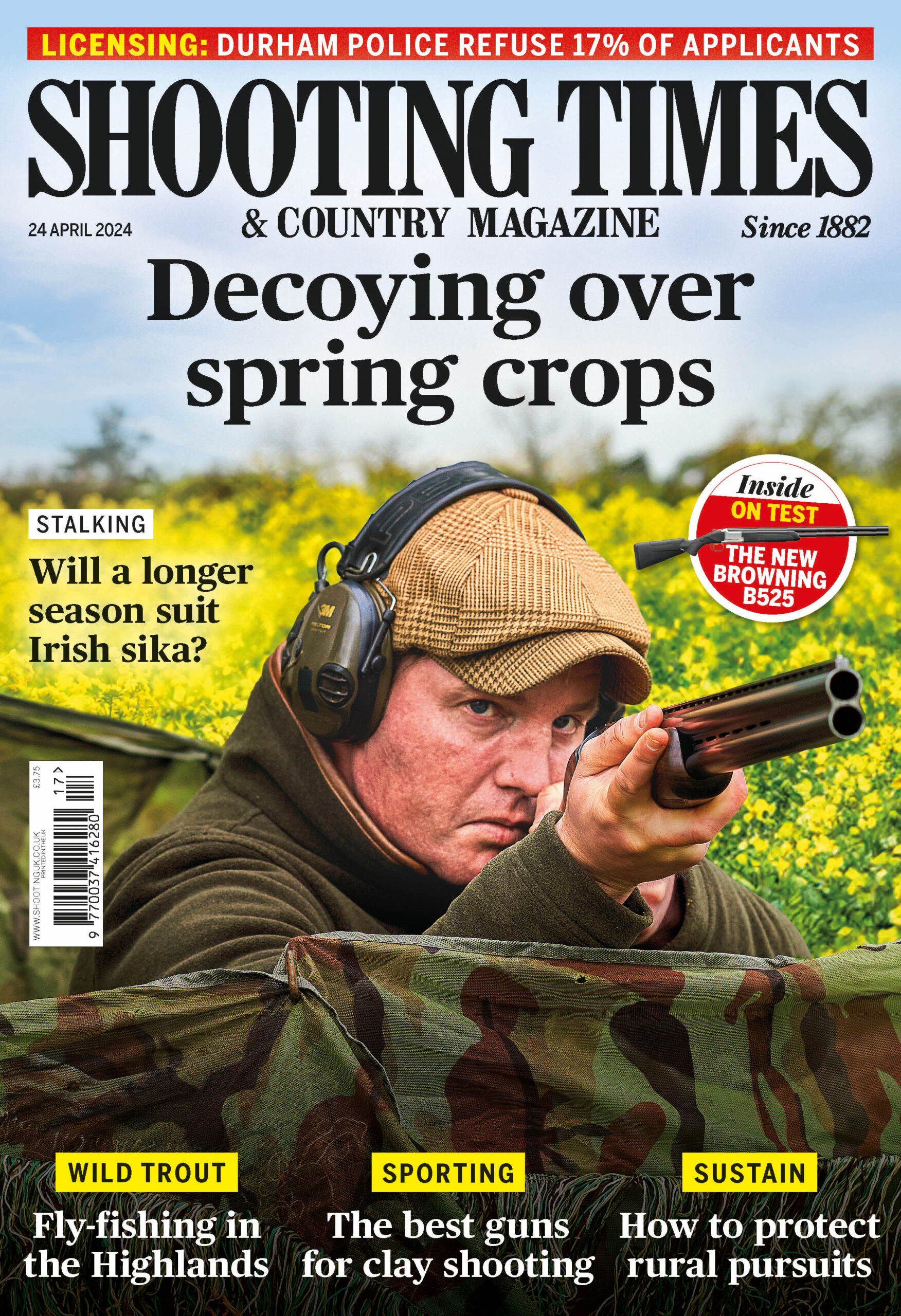Sharpshooter
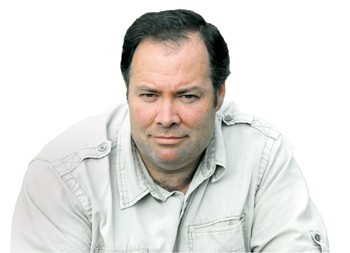
One of the joys living in rural Northumberland is the night sky. We still have a velvety-black firmament up here. Visitors from the overcrowded, overbuilt South are often amazed at the sheer number of stars that we can see on a cold, frosty night. The sad fact is that in too much of the UK, light pollution is so widespread that there is seldom any real point in looking heavenwards; too often, all you can see are a few bright points between clouds suffused with the orange glow of reflected fluorescent lighting. I wonder how many of today?s urban children have seen the Milky Way in all its glory?
In recent years, light pollution has come to be widely recognised, and ever greater efforts are being made to cut down on intrusive or extraneous lighting. In the countryside, some of the worst offenders are farms. Agricultural operations involving the movement of machinery or livestock in farmyards during the hours of darkness have an obvious need for good outdoor lighting. Too often, however, some of these floodlights are left on when they are not actually needed. Fortunately, modern planning regulations stipulate that external lighting must be directed downwards and shielded ? but many older farmyards still seem to be ablaze with baleful yellow light, visible for miles. This is curious, given the average farmer?s well-known aversion to spending money.
Even worse are street lights and lit-up parking spaces. There are some of those horrible illuminated bollards outside my offi ce, which is located in a converted farm building in a rural area. They make the car park look like a runway at an airport. Cars have headlights ? so why do we need all these yellow beacons in order to park? As for walking to your car, what is wrong with using a torch, for heaven?s sake?
If you have ever flown over the UK at night in an aircraft, you will note how the most virulent form of light pollution is created by highway lighting. Floodlit football stadia and the like are visible from gigantic distances, but they are few and far between, and their powerful floodlights are only on for a few hours at a time. Street lights and highway lights, on the other hand, are everywhere, spreading across the dark land like glowing yellow veins.
Increasingly, however, local councils and highway authorities are turning these lights off during non-peak traffic hours. The great switch-off has been stimulated by financial constraints and the need to meet energy targets. This is good news, I reckon. But a lot of people don?t agree with me.
Some self-appointed safety organisations have criticised the blackout, as have motoring groups. The Royal Society for the Prevention of Accidents has said that the public is in favour of street lighting as a means of improving road safety. Well, that might well be the perception (though perhaps not the reality), but it needs to be balanced against the fact that light pollution is a real problem in this country, and we should be doing everything we can to minimise it, just as we do with any other form of contamination.
I accept that light pollution can, in a strictly limited sense, be useful in certain situations. I recall fl ighting duck, as a boy, on some land near Milton Keynes. We enjoyed extra shooting time because of the afterglow from the lights around a local sewerage facility. And I can think of certain estuaries where the lights from various local factories perform a similar function.
Yet, as a general rule, wildfowlers like to go about their business in an elemental landscape, where nature is not too badly sullied by the more insensitive works of man. And surely the same goes for other fieldsports, too? Are we really so divorced from the natural world that we require the sun to shine at night as well as during the day?
Have your say: if you have a view on a current news topic, send it, in no more than 500 words, to [email protected].
What is YOUR opinion?
Join other ST readers in our forums to discuss your views.
Like this article? Mark this page on a social bookmarking website…
![]()
What are social bookmarking sites?

